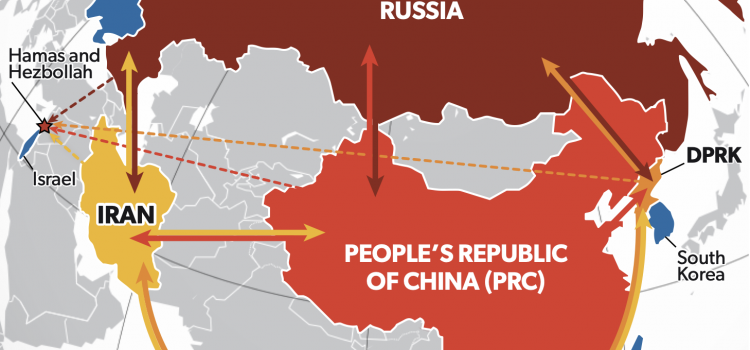How to assess geographic risks of proliferation financing
Regulated entities are required by law to carry out proliferation financing (PF) risk assessments. But this relatively new compliance requirement can be hard to fully integrate into your risk assessment process. At first glance, proliferation financing risks are mainly concerned with activities carried out in North Korea and Iran. If your business doesn’t have a connection with either of these countries, then it might seem there is little more to do in a proliferation financing risk assessment.
But in reality, proliferation financing risks are connected to more countries than just North Korea and Iran, and firms should factor this into their risk assessment processes. However PF risks are constantly evolving. As global concerns on the proliferation of weapons of mass destruction (WMD) evolve, it is vital to broaden the risk assessment process to ensure your firm is not caught out.
Continue reading








